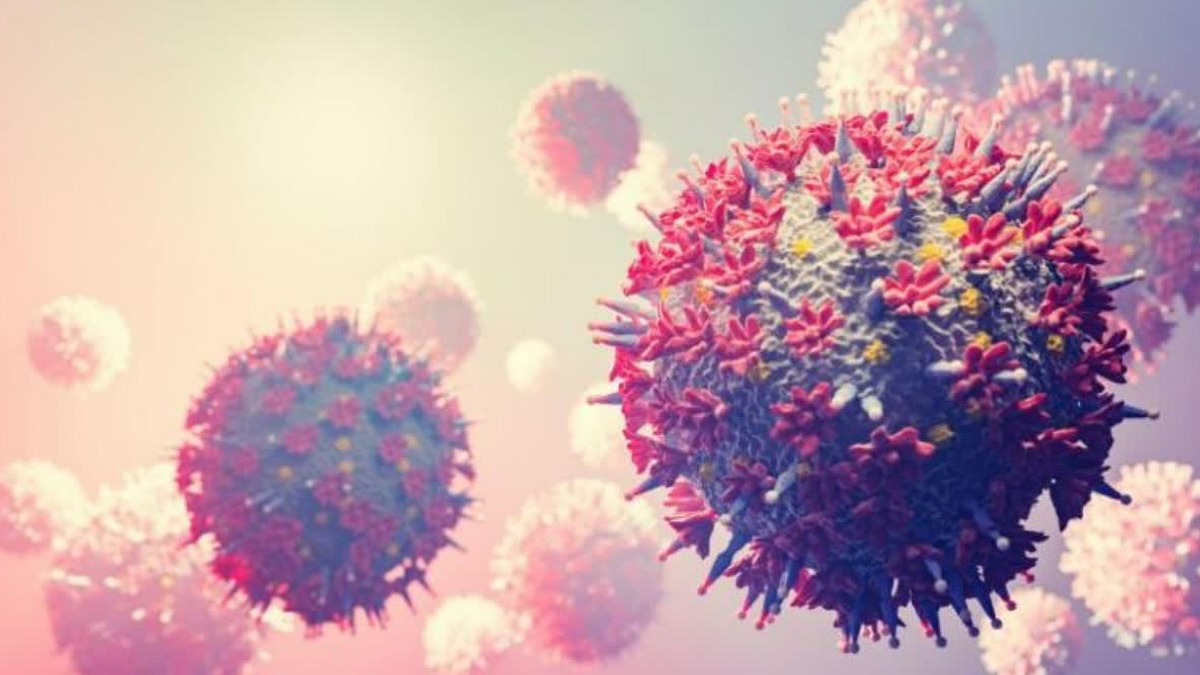
Gujarat is currently grappling with a surge in suspected Chandipura virus cases, resulting in tragic fatalities. On Tuesday, Health Minister Rushikesh Patel confirmed that two more children succumbed to the virus, escalating the death count to eight. The number of individuals infected has now reached 14, sparking concerns among the public and health authorities alike.
Table of Content:-
Geographic Spread and Initial Reports
The virus has predominantly affected several districts in Gujarat, including Sabarkantha, Aravalli, Mahisagar, Kheda, Mehsana, and Rajkot. The first cases emerged in the civil hospital of Himatnagar, Sabarkantha district, where four initial suspected cases were identified. In addition to local cases, Gujarat hospitals have also treated three patients from neighbouring states—two from Rajasthan and one from Madhya Pradesh. Unfortunately, one patient from Rajasthan has also passed away.
Government Response and Measures
In response to the outbreak, the Gujarat State Health Department has intensified its surveillance efforts in the affected regions. Health Minister Patel emphasized the high mortality rate associated with the Chandipura virus, underscoring the urgency of early detection and treatment. The department has issued special advisories to community health centres, primary health centres, sub-district hospitals, and medical colleges to classify and treat patients exhibiting specific symptoms as potential Chandipura cases.

Extensive Screening and Precautionary Measures
To mitigate the spread of the virus, the state has conducted extensive screening operations. Over 44,000 individuals have been screened across 8,600 houses in 26 residential zones. These precautionary measures aim to identify and isolate suspected cases promptly. The screening initiative reflects the government's commitment to controlling the outbreak and preventing further fatalities.
Also Read: PMC To Test All Pregnant Women From Zika-Affected Areas
Awaiting Confirmation from National Institute of Virology
The blood samples of the patients have been dispatched to the National Institute of Virology (NIV) in Pune for definitive confirmation of Chandipura virus infection. The results are eagerly awaited, as they will provide crucial insights into the nature of the virus and its spread. Accurate diagnosis is essential for tailoring effective treatment protocols and preventive measures.
Understanding the Chandipura Virus
The Chandipura virus, a member of the Vesiculovirus genus in the Rhabdoviridae family, is primarily transmitted through vectors such as mosquitoes, ticks, and sandflies. The virus induces symptoms akin to the flu, including fever, and can lead to acute encephalitis—a severe inflammation of the brain. The high mortality rate and rapid progression of the disease necessitate immediate medical intervention upon the onset of symptoms.
Historical Context and Previous Outbreaks
The Chandipura virus is not a new adversary for India. Previous outbreaks, notably in 2003-2004 in central India, showcased alarming case fatality rates ranging from 56% to 75% in Andhra Pradesh and Gujarat. During these outbreaks, the virus exhibited typical encephalitic symptoms, underscoring its lethality and the challenges in managing its spread.
Also Read: Antidiabetic Drug Semaglutide Linked To Potential Vision Loss: Study
Current Status and Future Outlook
As the situation develops, the Gujarat health authorities remain vigilant. The combined efforts of intensive surveillance, extensive screening, and prompt treatment aim to curtail the spread of the virus. The health department continues to monitor the affected regions closely, ready to implement additional measures if necessary.
Bottomline
The tragic loss of eight lives, particularly children, to the suspected Chandipura virus highlights the critical need for enhanced public health strategies and swift response mechanisms. The ongoing efforts to combat the outbreak reflect the resilience and determination of Gujarat's health sector to safeguard its population from this deadly virus.
Also watch this video
How we keep this article up to date:
We work with experts and keep a close eye on the latest in health and wellness. Whenever there is a new research or helpful information, we update our articles with accurate and useful advice.
Current Version